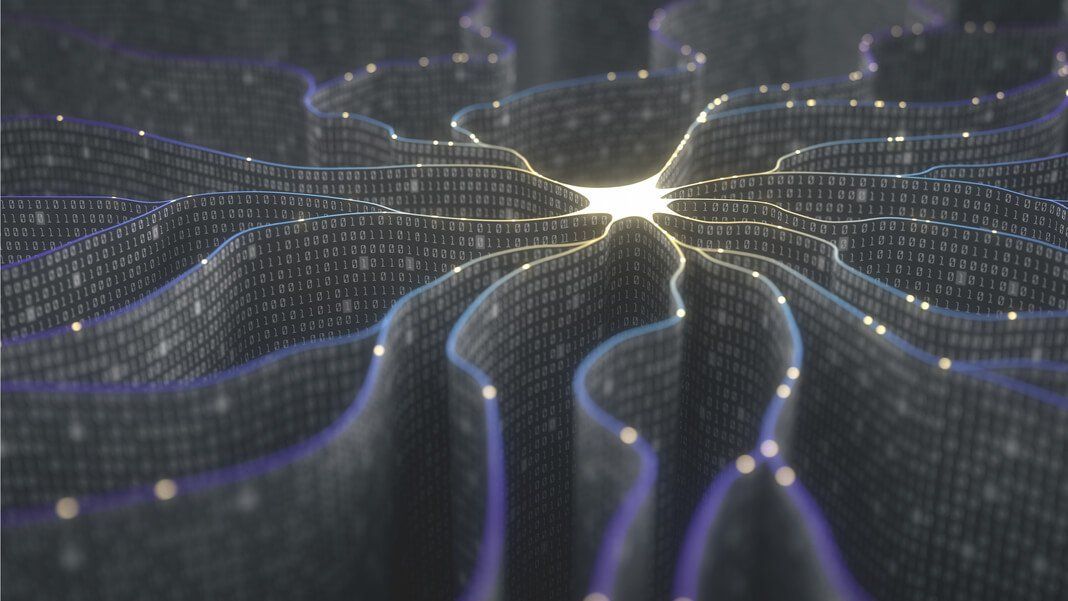From AlphaGo’s historic victory against world champion Lee Sedol to DeepStack’s sweeping win against professional poker players, artificial intelligence is clearly on a roll.
Part of the momentum comes from breakthroughs in artificial neural networks, which loosely mimic the multi-layer structure of the human brain. But that’s where the similarity ends. While the brain can hum along on energy only enough to power a light bulb, AlphaGo’s neural network runs on a whopping 1,920 CPUs and 280 GPUs, with a total power consumption of roughly one million watts—50,000 times more than its biological counterpart.
Extrapolate those numbers, and it’s easy to see that artificial neural networks have a serious problem—even if scientists design powerfully intelligent machines, they may demand too much energy to be practical for everyday use.
